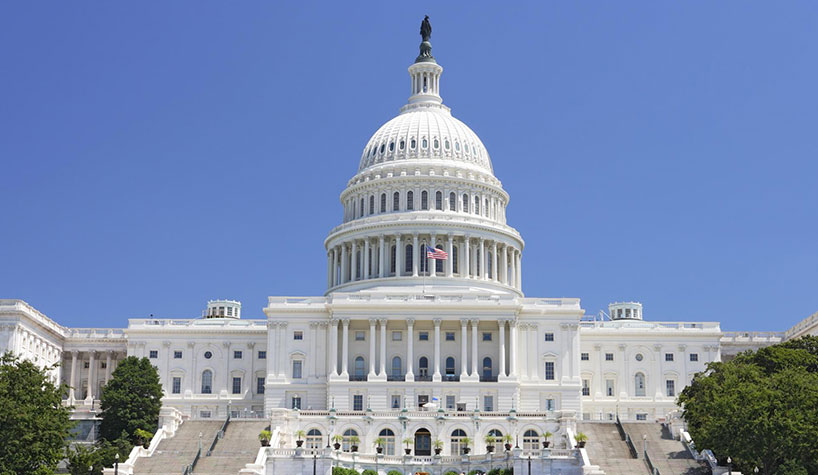WASHINGTON—AAHOA is calling on Congress to take immediate action to provide additional funding to the Paycheck Protection Program (PPP), which is likely to run out of money by the end of this week.
“Congress needs to come back to Washington and immediately authorize additional funding for the PPP before it runs out,” said Cecil Staton, president/CEO, AAHOA. “America’s hotels are a signal industry, and they began feeling the effects of the COVID-19 economic downturn weeks before it infected the broader economy. The PPP provides a crucial liquidity lifeline to them but will likely run out of money by the end of this week.”
He continued, “With Congress not scheduled to reconvene until May and many hotel owners still awaiting action on PPP loan applications that could make or break their business, they literally cannot afford to wait. Hotel owners and their employees are hurting now and scraping by week to week. Hotels across the country are furloughing or laying off employees and shutting their doors, and, unless Congress acts, we could see thousands more close their doors before the end of April.”
The PPP, part of the Coronavirus Aid, Relief and Economic Security (CARES) Act, signed by President Trump earlier this month, is a loan from the Small Business Administration (SBA) designed to provide a direct incentive for small businesses to keep their workers on the payroll. The SBA will forgive loans if all employees are kept on the payroll for eight weeks and the money is used for payroll, rent, mortgage interest or utilities.
The original allocation for the program was $349 billion. Additional funding is needed for the program to continue.
Earlier this week, the United States Travel Association (USTA) called for an additional $600 billion in funding for the program, as well as other help for the travel industry, including expanding eligibility to small businesses that were previously left out and ensuring loan forgiveness can cover both payroll and other operating expenses during the shutdown.
A key example of small businesses that were unintentionally excluded from the PPP under the CARES Act, according to the USTA: local and regional destination marketing organizations (DMOs), whose work is crucial to driving travel and tourism business in every pocket of the country.
“The CARES Act was an ambitious step, but now the urgent problem is that assistance is simply not getting where it needs to go,” said Roger Dow, president/CEO, USTA. “Major adjustments and more aid are needed immediately to support small businesses, including local nonprofits that are essential engines of the travel economy that employs one in 10 Americans.”
The policy measures proposed by the USTA include new relief, as well as some corrections to the provisions of the CARES Act. Among them:
- Expand eligibility for the Payroll Protection Program (PPP) to DMOs that are classified as 501(c)(6) nonprofits or “political subdivisions” of their local governments, as well as to small businesses (fewer than 500 employees) that operate multiple locations.
- Appropriate an additional $600 billion for the PPP and extend the coverage period through December 2020.The PPP is currently slated to expire on June 30—the economy will not realistically be in recovery by then—and the initial round of funding is expected to run out in just a few weeks.
- Revise the PPP maximum loan calculation to 8x a business’ monthly outlays, and allow it to cover both payroll and non-payroll expenses. Currently the formula is 2.5x and covers payroll only, not other expenses—inadequate for immediate needs.
- Provide loan forgiveness to large businesses under the Exchange Stabilization Fund (ESF), rather than just loan guarantees, and clarify ESF eligibility for 501(c)(6) nonprofits.
- Increase Economic Injury Disaster Loan (EIDL) funding to $50 billion, raise the loan cap from $500,000 to $10 million, and allow a second EIDL if a business is still unable to meet its ordinary expenses.
“Congress must move swiftly to correct and supplement the CARES Act with additional rounds of aid,” Dow said. “Travel-related small businesses will be vital leaders of an economic recovery, but first they need to survive until the point when travel demand returns. In order to make it, these businesses need to be able to access the resources that will enable them to keep the lights on and retain their employees.”




